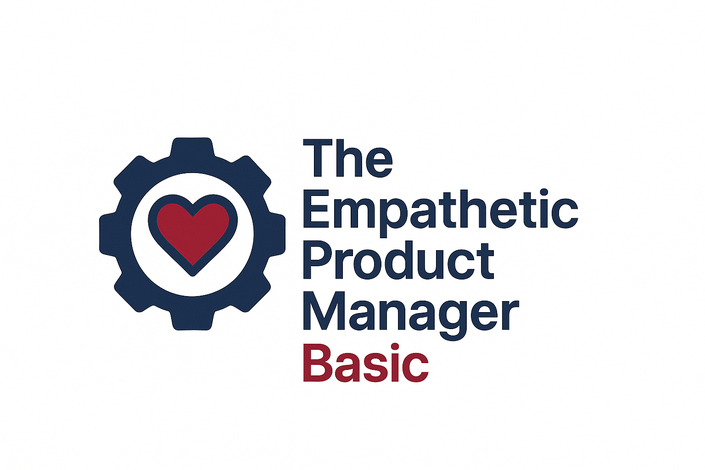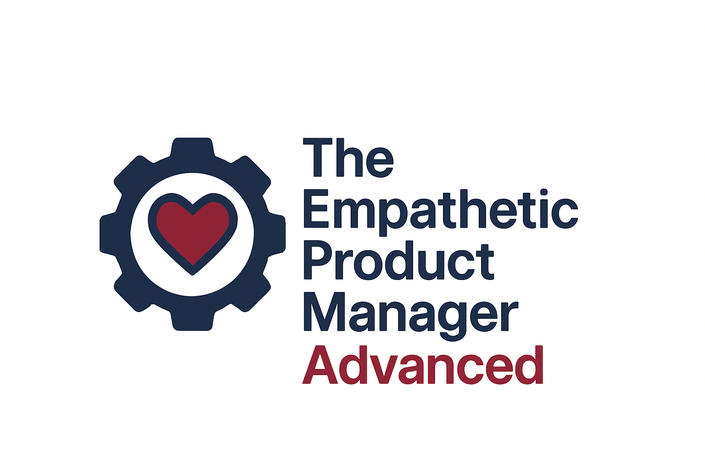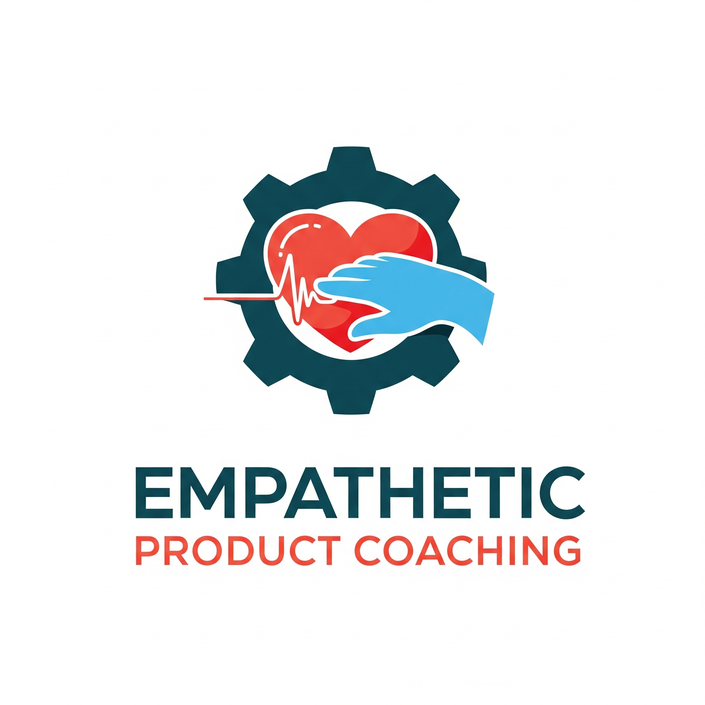
Course Description
This course provides product managers with a comprehensive understanding of empathy and empathy-adjacent soft skills, as well as guidance on how to apply them throughout the product development lifecycle.
The course is divided into two parts: Basic and Advanced. Participants will learn how to cultivate empathy, master active listening, develop user personas and empathy maps, communicate effectively with stakeholders, build empathetic teams, navigate ethical considerations, and measure the impact of empathy on product success through self-paced learning modules.
Target Audience
Experienced product owners or managers seeking to enhance their soft skills and incorporate empathy into their product development practices
Course Objectives
Upon completion of this course, participants will be able to
- Define empathy and its importance in product management.
- Distinguish between different types of empathy and their applications.
- Master active listening techniques for user research and stakeholder engagement.
- Develop user personas and empathy maps to gain deeper user insights.
- Communicate empathetically with diverse stakeholders.
- Cultivate empathy within product teams and foster a culture of psychological safety.
- Navigate ethical considerations related to user data and empathetic product development.
- Measure the impact of empathy on product success using relevant metrics.
- Develop a personal action plan for applying these skills.
Time Commitment
Suggested: 4 weeks for each of the two courses - Basic and Advanced.
Recommended to take the Basic course first to ensure adequate skills are built or refreshed prior to the Advanced course.

Basic Course - Outline
Module 1: Foundations of Empathy in Product Management
- Definition of empathy and its relevance to product management.
- The importance of understanding user needs, motivations, and pain points.
- The dual nature of empathy cognitive, emotional, and compassionate dimensions
- The role of empathy throughout the product development lifecycle.
- Benefits of empathy for product decisions, user experience, and innovation.
Module 2: Mastering Active Listening for Product Discovery
- Principles of active listening vs. passive hearing.
- Core techniques maintaining focus, asking clarifying/open-ended questions, paraphrasing, summarizing, non-verbal cues, embracing silence
- Applying active listening in user interviews and feedback sessions.
- Barriers to effective listening bias, assumptions, judgment, distractions.
Module 3: Deep Dive into User Personas and Empathy Mapping
- Developing comprehensive user personas beyond demographics to psychographics, emotions, behaviors, goals, and pain points
- Grounding personas in research vs. assumption.
- Utilizing empathy mapping visualizing user thoughts, feelings, actions, sayings, pains, and gains.
- Synthesizing insights from research and listening into actionable personas and maps.
Module 4: Empathetic Communication Strategies for Stakeholder Engagement
- Identifying key stakeholders (engineers, design, execs, sales, marketing, support).
- Understanding different stakeholder perspectives, motivations, and pressures.
- Strategies for empathetic communication validating concerns, educating on trade-offs, aligning with goals, framing messages.
- Managing expectations and delivering difficult news empathetically.

Advanced Course - Outline
Module 5: Navigating Conflict and Influencing Without Authority
- Navigating conflicts and addressing concerns constructively using empathy.
- Techniques understanding underlying needs, separating people from the problem, focusing on interests not positions.
- Influencing stakeholders without direct authority through understanding, rapport, and tailored communication.
- Building trust and psychological safety as a foundation for influence.
Module 6: Cultivating Empathetic Product Teams
- The link between empathy, psychological safety, and team performance.
- Fostering empathy and mutual understanding among diverse team members (cross-functional teams).
- Creating inclusive environments where diverse perspectives are valued and heard.
- Leader's role in modeling empathy and promoting emotional intelligence.
- Strategies for team empathy building
Module 7: Ethical Considerations & Measuring Impact
- Ethical implications of user data collection and empathetic insights.
- Prioritizing inclusive design and accessibility.
- Recognizing and mitigating cognitive biases in product decisions.
- Identifying KPIs and metrics reflecting empathy's impact
- Correlating empathy-driven decisions with business outcomes.
Module 8: Synthesis, Application, and Action Planning
- Review and synthesis of key concepts Empathy types, Active Listening, Personas/Maps, Stakeholder Communication, Team Empathy, Ethics, Measurement.
- Integrating empathy across the entire product lifecycle.
- Developing a personal action plan for ongoing skill development and application.





